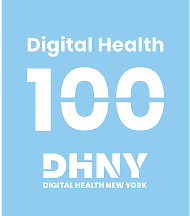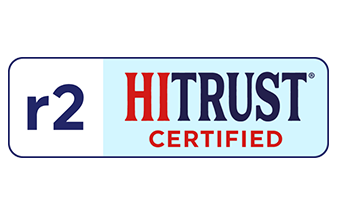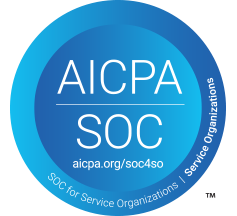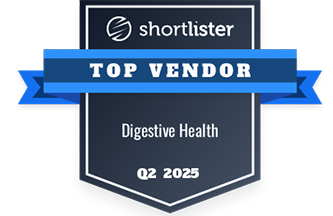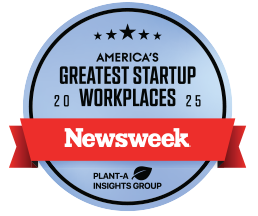
The fast-paced corporate world constantly searches for innovative ways to boost productivity, reduce absenteeism, and enhance employee well-being. Traditionally, efforts have largely focused on mental health resources, including meditation and talk therapy. However, a crucial piece of the well-being puzzle, often overlooked, lies within our digestive system. In this blog post, we’ll delve into the groundbreaking gut-brain connection, demonstrating how integrating digestive health into employee benefits can combat stress, improve overall health, and enhance workplace productivity.
Understanding the gut-brain connection
The gut-brain connection represents a sophisticated communication network linking the central nervous system (CNS) with the gastrointestinal (GI) tract’s enteric nervous system (ENS). This bi-directional pathway allows the gut and brain to exchange signals, significantly influencing bodily functions, including those associated with stress and mental health.
The ENS, consisting of an extensive web of neurons governing the digestive system, operates semi-independently of the CNS, earning the gut its nickname, the “second brain.”
“Digestive health is intrinsically connected to mental wellness, stress levels, cognitive functionality, and overall health,” notes Dr. Hau Liu, Chief Medical Officer at Cylinder.
Why address digestive health in your benefits package?
Incorporating digestive health solutions like Cylinder into your corporate benefits packages is a forward-thinking strategy to bolster employees’ health. A recent study among Cylinder members unveiled that 79% reported notable reductions in stress and anxiety after managing their GI symptoms with our solutions.
Here’s why Cylinder members report feeling less stressed:
Inclusivity and Support. Digestive health issues are more common than many realize, with over 70 million Americans silently suffering. Conditions like Inflammatory Bowel Disease (IBD) and Crohn’s Disease deeply impact individuals’ lives and their performance in the workplace. By offering access to specialized care through programs like Cylinder, companies send a clear message that they value their employees’ holistic well-being. Gary, a Benefits Manager at US Foods and a proponent of Cylinder, shared, “Implementing Cylinder unequivocally shows our workforce that we care about them beyond just their output.”
Behavioral Health Support. Cylinder provides self-guided Cognitive Behavioral Therapy (CBT) modules for stress reduction and productivity enhancement in professional and personal contexts. This evidence-based approach has proven effective in alleviating symptoms related to chronic digestive conditions, offering members tools that are transferable to various aspects of their lives.
Bill Snyder, CEO of Cylinder, emphasizes, “Our digital therapeutics are clinically validated to diminish GI flare-ups, ER visits, and work absences, which can help mitigate health care costs and elevate productivity.”
Comprehensive, Coordinated Care. Navigating health care options can be daunting, especially for employees dealing with sensitive gut health issues. Cylinder’s intuitive platform and expansive network of care providers ensure that members receive seamless, coordinated care tailored to their needs.
Whether it’s consultations with Registered Dietitians, Health Coaches, or specialized doctors, Cylinder streamlines the journey to better health, reducing stress and simplifying access to necessary care.
Transforming workplace wellness with digestive health benefits
Expanding your benefits package to include gut health solutions is a strategic move to support your employees in managing stress and boosting productivity. It’s not just about tackling digestive issues; it’s about embracing a holistic view of health that reverberates through every aspect of life and work.
Discover how Cylinder can redefine wellness and productivity within your organization.
Download Cylinder’s Exploring the Gut-Brain Connection and request a demo today to take the first steps towards a healthier, more engaged workforce.



